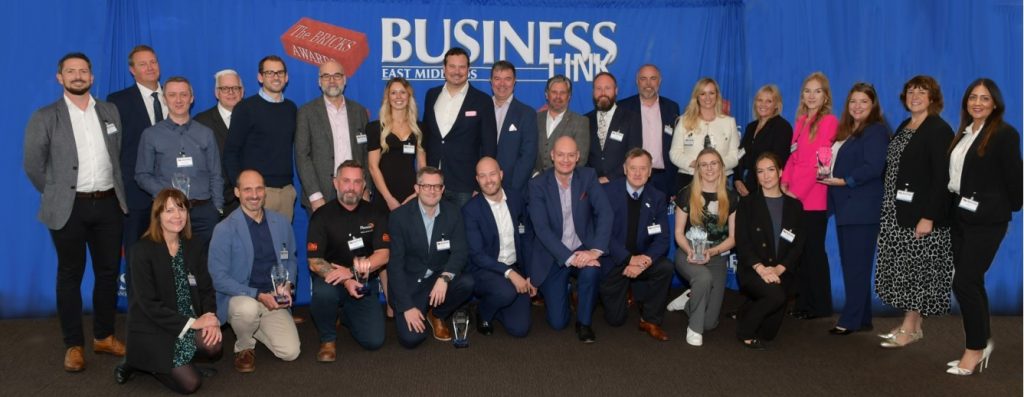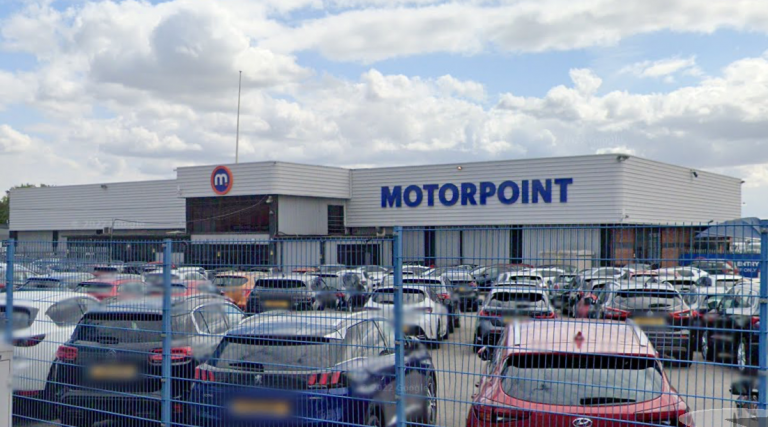PIB opens new branch in Chesterfield
Motorpoint Group sees its “most difficult” financial year
Motorpoint Group, the independent omnichannel vehicle retailer, has called the past financial year the most difficult in its history, due to multiple negative headwinds in the macro environment.
It came as the firm announced its final results for the year ended 31 March 2024 (FY24), in which revenue decreased by 24.6% to just under £1.1bn.
Meanwhile the business posted an underlying loss before tax of £8.2m and a reported loss before tax of £10.4m, both widening from £0.3m in the year prior.
Mark Carpenter, Chief Executive Officer of Motorpoint Group PLC, said: “The past financial year was the most difficult in our history, with multiple negative headwinds in the macro environment such as rising borrowing costs and subdued customer demand, coupled with industry specific issues such as lower inventory and deflation.
“The resilience of our cash generation evidences the strength of our business model and we now look forward to continuing our journey of profitable growth as the improving trends of Q4 have continued into Q1.
“Following the rightsizing exercise of FY24, we now have a lean, technology-enabled business. I am very confident in our ability to scale profitability and cash generation as the market improves, which will allow us to invest further in growth.”
The company noted a positive start to FY25, with April and May both profitable.Significant refurbishment of Sutton Community Theatre to create ‘Cornerstone’

Awards to shine spotlight on East Midlands property and construction industry
- Most active agent
- Commercial development of the year
- Responsible business of the year
- Residential development of the year
- Developer of the year
- Deal of the year
- Architects of the year
- Excellence in design
- Sustainable development of the year
- Contractor of the year
- Overall winner (this award cannot be entered, with the winner, and recipient of a year of marketing/publicity worth £20,000, selected from those nominated for the event’s other awards)
Nominations end Thursday 5th September
Following the 2023 event, Ben Dawson, business development manager at Blueprint Interiors, said: “I was very impressed with the calibre of award finalists and being able to network with so many other industry professionals.”








To be held at:

UEFA Euro 2024 expected to boost East Midlands economy
Derbyshire business community pledges Star Trust support
EarthSense takes its air quality monitoring to Indonesia with Ganeca Environmental Services partnership
July start for next major phase of Chesterfield town centre regeneration













